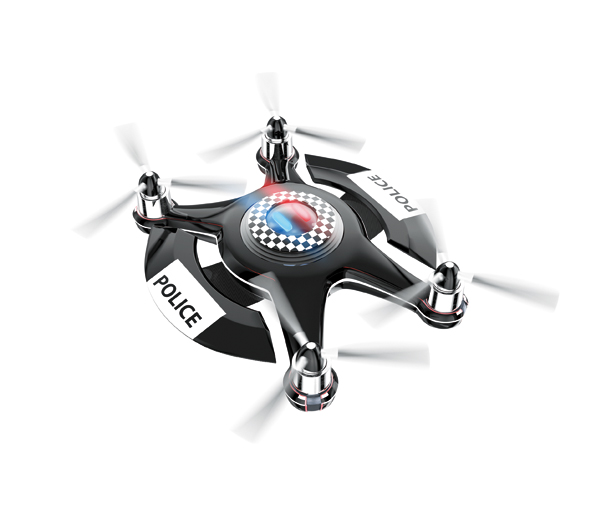Using future internet technologies to strengthen criminal justice
New internet-based technology could aid criminal justice agencies significantly by enabling better criminal databases, remotely conducted criminal trials and electronic monitoring of parolees in the community, according to a new study by the RAND Corporation.

New internet-based technology could aid criminal justice agencies significantly by enabling better criminal databases, remotely conducted criminal trials and electronic monitoring of parolees in the community, according to a new study by the RAND Corporation.
It says future world wide web technologies, commonly labelled as being part of Web 3.0 and Web 4.0, could substantially change how the criminal justice enterprise operates.
These notably include Semantic web technologies (a common framework that allows data to be shared and reused across application, enterprise and community boundaries), intelligent agents and the Internet of Things, such as wearable and embedded sensors.
According to the RAND analysis, top criminal justice priorities for new internet tools include developing a common criminal history record that can be shared across agencies, developing real-time language translation tools and improved video displays for law enforcement officers to adapt to changing needs.
The criminal justice field has mostly been reactive to new technology developments, such as smartphones and social media, said John Hollywood, lead author of the report and a senior operations researcher at the non-profit research organisation RAND.
Weve developed a road map of how new internet-based technologies might help law enforcement in the future, as well as set priorities for the improvements that are needed most.
Researchers say that while there are many promising technologies that could aid the criminal justice field, many of the developments raise issues related to civil and privacy rights, and cybersecurity that must be addressed before the improvements can be fully realised.
The RAND report is based on feedback from an expert panel of 16 practitioners and technology experts convened to discuss what upcoming internet technologies may be valuable and what the technology will likely do for criminal justice efforts.
The panel included members from groups such as the International Association of Chiefs of Police and the American Probation and Parole Association, as well as technology experts from groups including IBM and the Electronic Frontier Foundation.
The report outlines an array of scenarios where web-enabled technology can help those in the criminal justice system. For example, in the future, police officers may be able to gesture at a self-driving car to bring it to a stop or move a self-driving vehicle that blocks a fire hydrant.
The top law enforcement priority was for help with policies and procedures to interact with driverless vehicles.
Just how will an officer signal instructions to self-driving cars, such as when officers are controlling traffic at intersections? said Mr Hollywood. This and many other questions about law enforcement and driverless vehicles need to be addressed.
Another priority identified by the panel was the creation of criminal records that integrate information from multiple agencies.
Criminal records today are incomplete and the records we do have are generally based locally, added Mr Hollywood. What we need is an ability to get information about a persons criminal history quickly and reliably, even when they move across city or state lines.
Panel members also endorsed improving education across the criminal justice system about key web-enabled technologies, such as sensors and video conferencing. In addition, there is a need for better high-speed internet connections across the system in order to make use of the new tools.
Other specific law enforcement priorities include biometric sensors that police or correction officers could wear to monitor heartbeat and other vital signs, automatically calling for help if monitoring suggests an officer has been injured or is having a heart attack.
For courts, technology may be able to help ease case backlogs by making it possible for more witnesses to testify remotely or even have whole trials done remotely. Better electronic scheduling also could improve the operation of courts.
Jails and


